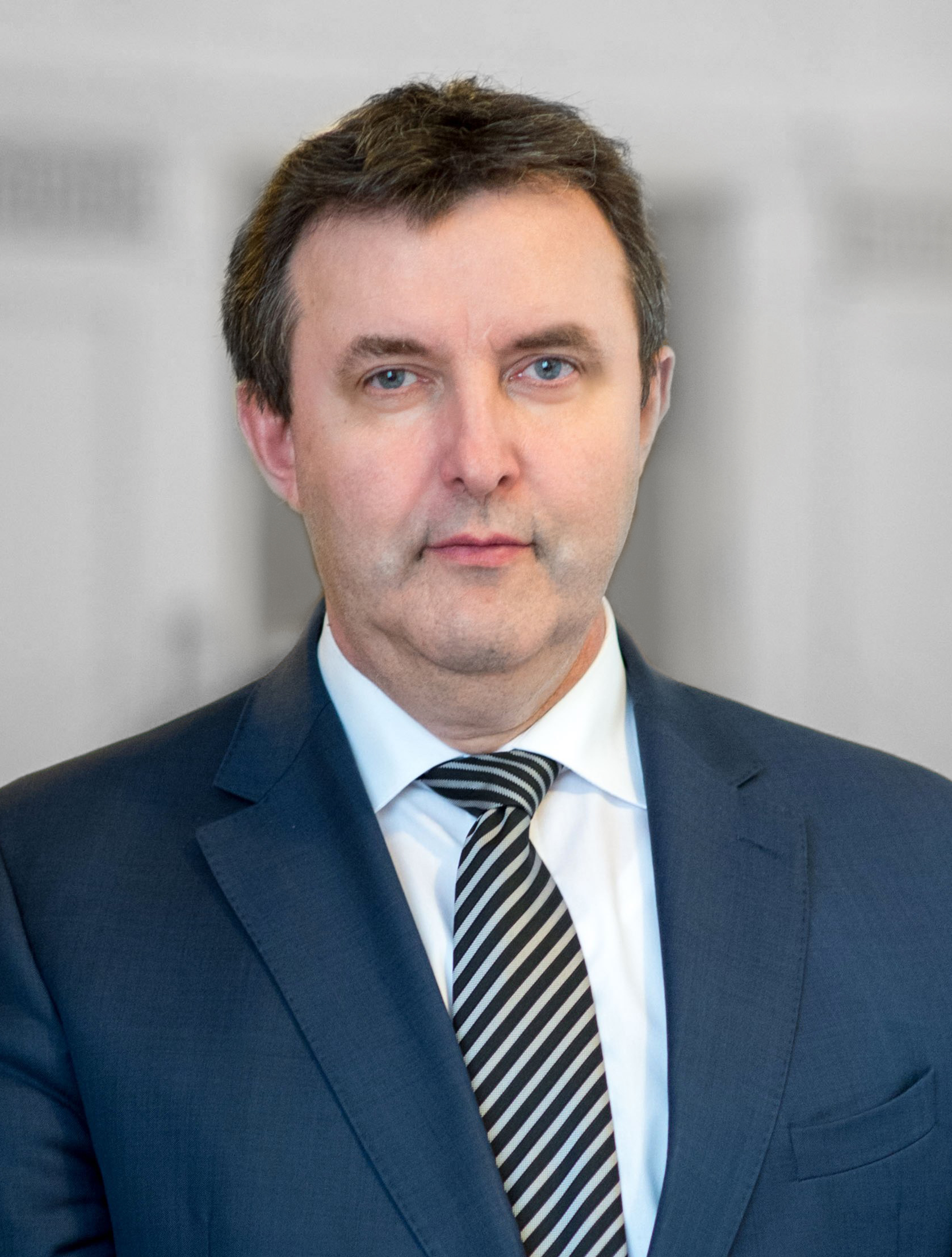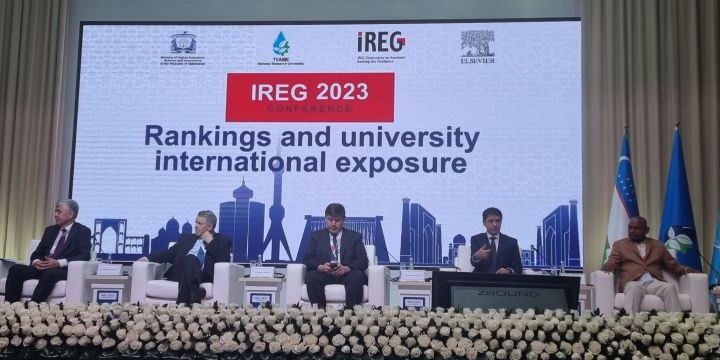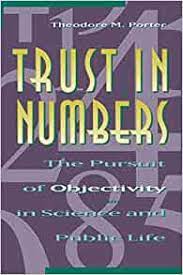László Palkovics was born in 1965 in Zalaegerszeg, Hungary.
He started his studies in 1984 at the Budapest University of Technology and Economics, Faculty of Transportation Engineering, where he received his master’s degree in engineering. Between 1989 and 1991 he participated in the scholarship program of the Committee of Scientific Qualifications of the Hungarian Academy of Sciences (HAS), where he obtained his PhD degree. He started working as Assistant Lecturer at the Budapest University of Technology and Economics, Faculty of Transportation Engineering, Department of Automobiles as Assistant Lecturer. In 1994 he was appointed associate professor and head of the department, which he led until 2002. In 2000 he became Research Fellow of the HAS Institute for Computer Science and Control (SZTAKI).
In 2007 he was elected Corresponding Member and in 2013 Member of HAS.
In 2009 he was elected Vice-rector of the College of Kecskemét, where his tasks included the organisation of the accreditation of the vehicle engineering study program, the establishment of the new Department of Vehicle Engineering and the implementation of the unified curriculum development together with the Faculty of Transport and Vehicle Engineering of the Budapest University of Technology and Economics.
In 2010 he worked as Research Professor at the Széchenyi István University. In 2012 he restored his status to the Budapest University of Technology and Economics, where at the Faculty of Transportation Engineering and Vehicle Engineering he became the Head of the Department of Automobiles and Vehicle Manufacturing created by the integration of the Department of Automobiles and the Department of Vehicle Manufacturing and Repairing.
He gained extensive experience in the corporate sector when in 1995 he became Development Director of the Hungarian subsidiary of Knorr-Bremse. Between 2001 and 2003, he was the European Electronic Development Director of the same company in Germany, and later he was promoted to European Research and System Development Director.
From 2014 he served as Minister of State for Higher Education and from 2016 as Minister of State for Education of the Ministry of Human Capacities.
Since May 2018 he has been Minister of the newly established Ministry for Innovation and Technology.
Since May 2019 he has been responsible as Government Commissioner for the coordination of the tasks related to the modernization of Hungarian section of the Budapest-Belgrade railway line.
 Since 1 February 2019 Minister Palkovics as Government Commissioner has been responsible for the coordination of the tasks prescribed in Act XXIV of 2016 on the promulgation of the Agreement between the Government of Hungary and the Government of the People’s Republic of China on the development, implementation and financing of the Hungarian section of the Budapest-Belgrade Railway Reconstruction Project.
Since 1 February 2019 Minister Palkovics as Government Commissioner has been responsible for the coordination of the tasks prescribed in Act XXIV of 2016 on the promulgation of the Agreement between the Government of Hungary and the Government of the People’s Republic of China on the development, implementation and financing of the Hungarian section of the Budapest-Belgrade Railway Reconstruction Project.






